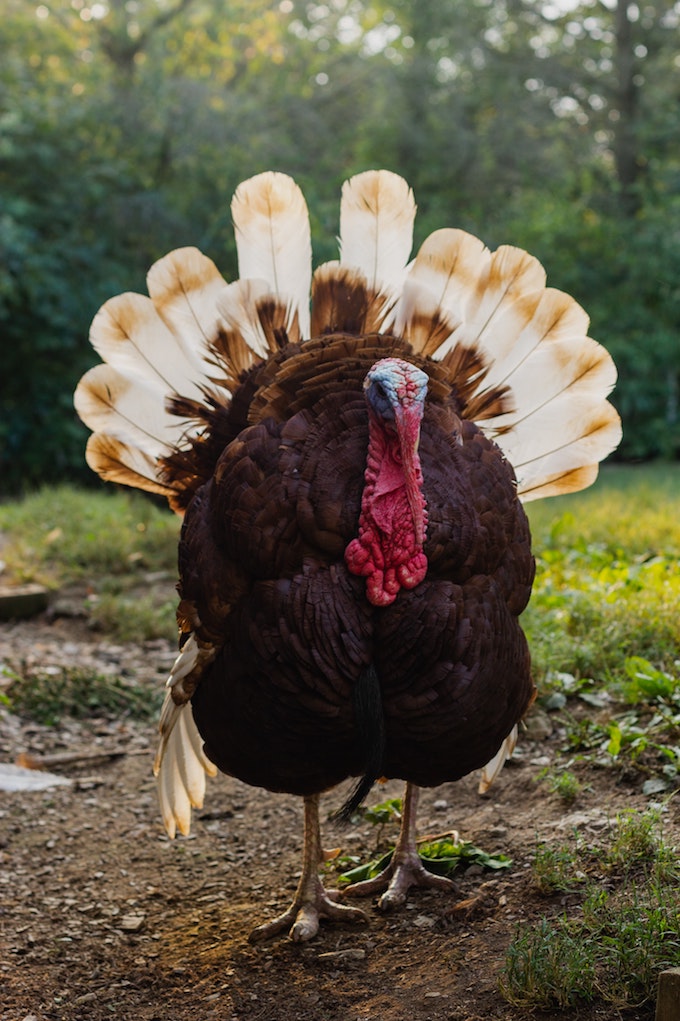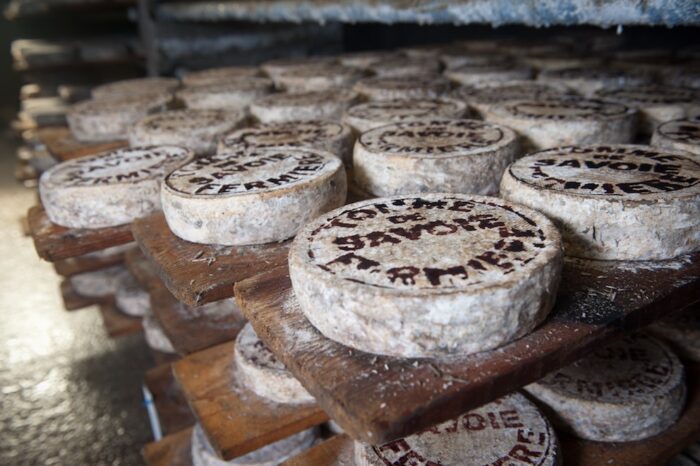So Chic Stories
The 5 funniest french expressions explained
- - Lifestyle & Travel
Litterally translated as “to be the turkey of the farce”, this strange French expression refers to a person who has been duped and played.
Origins
The origin of this saying is quite unsure. Two different possibilities are often mentioned. The first takes place during the Middle-Age when “farces” were comic interludes in shows. Among the recurring characters in these plays were gullible fathers, scorned by disrespectful sons. These fathers were nicknamed the turkey fathers, duped by his offspring. They were “the turkey in the farce”.
Another explanation would come from a fairground show, Le Ballet des dindons, which existed in Paris between 1739 and 1844.
The show was based on turkeys, placed on a metal plate that was gradually heated from underneath. In an attempt to avoid burning their legs, turkeys ended up “dancing” which made the spectators of the time laugh a lot.
Literally, this expression can be translated by “It doesn’t break three legs on a duck.“, to be understood as there’s nothing extraordinary, nothing remarkable about something.
Explanation
Since you will not find that many three-legged ducks in the world, breaking all the legs of one would be a miracle ! In other words, “ne pas casser trois pattes à un canard” means being trivial or ordinary. Why the duck and not a chicken? Well, that remains an unsolved mystery…
The French won’t tell you that “you’re going a bit far”… they will tell you “don’t push grandma in stinging nettle”
Origins
The origin of the basic expression ‘don’t push’ for ‘don’t exaggerate’ seems as unknown but we do love the addition of the granny ! Its comical side makes it used more frequently than “don’t push the cork too far” (“ne pas pousser le bouchon trop loin”), which has exactly the same meaning. The difference is that the cork won’t react for being pushed, while your grandma may not appreciate it…
One of the most french expression you will find, this saying can be translated as “to make a whole cheese with it” ! Yes people, you read it correctly! This would be the french version of “to make a mountain out of a molehill”.
Origins
This expression dates from the 20th century and is based on the idea that from only one ingredient (milk), you can end up with something very elaborate (cheese).
Perhaps someone who tends to make a big deal out of little could be an excellent master cheesemaker?
Translated word by word, this expression means “Roll someone in flour“. It constitutes the French version of the English expression”to cook somebody’s goose”.
Origins
This expression was first used in the 19th century. The verb “roll” has several meaning in french: roll can also be understood as “being cheated”. The explanation behind the choice of the flour is blurrier. The term was used to refer to misleading arguments. Another interpretation would be that the “flour” used here refers to the one used by the actors of the time to apply make-up. It was then impossible to recognize them and thus allowed them to deceive people.











